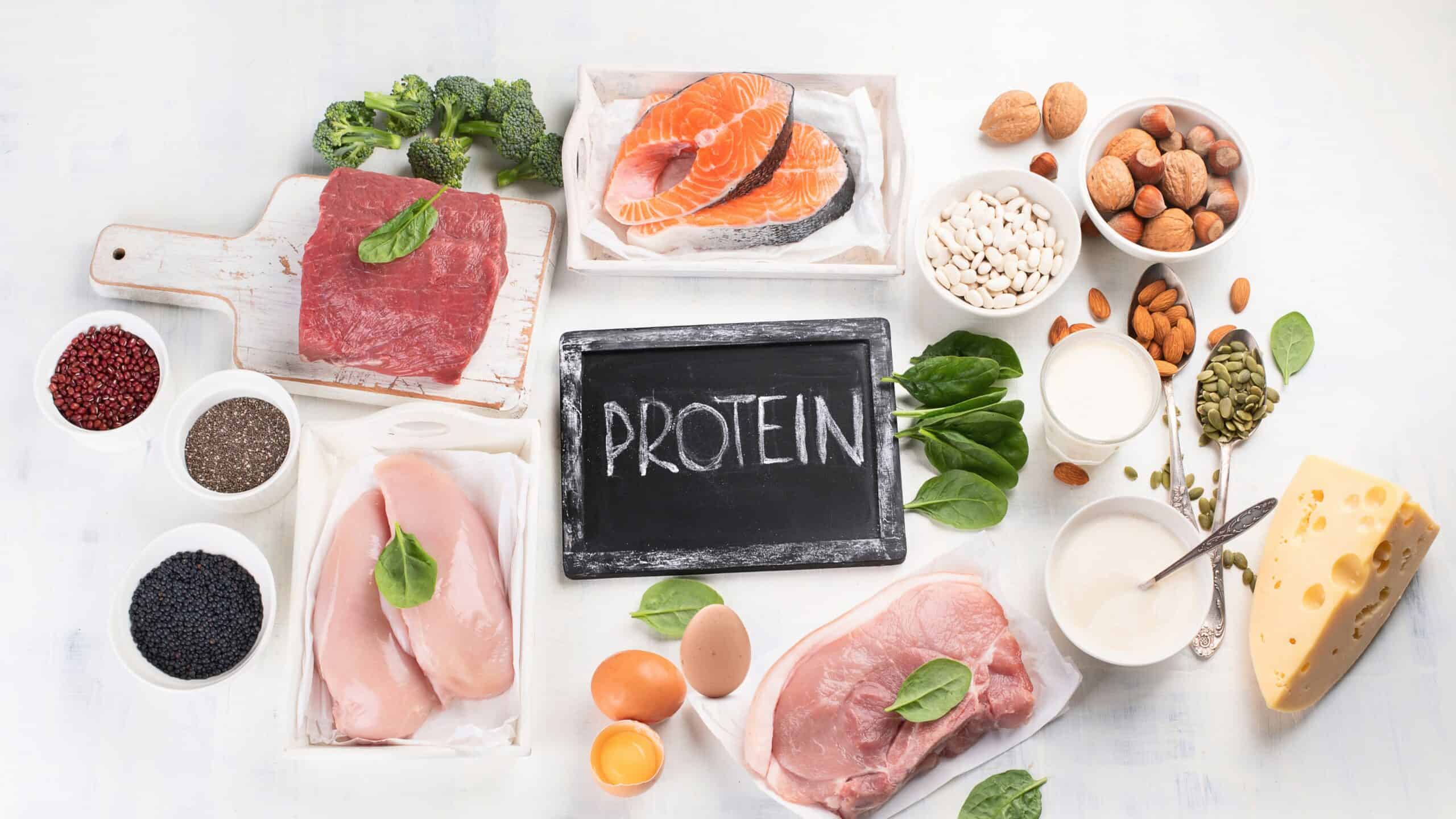

On an average day, when I engage with members, I find myself emphasizing “protein” more than any other health and fitness intervention. Over the years, people have become increasingly aware of protein’s vital role in weight loss and muscle building. However, protein is not just about aesthetics or muscle definition; its importance extends far beyond that.
Protein interacts with the same glucagon system as the weight loss drug Ozempic, and is crucial for muscle synthesis. The amino acids that form proteins are the fundamental building blocks of every system in our bodies. Here are some compelling reasons to prioritize this essential macronutrient:
1. Building Block of Life: Protein is vital for repairing and building tissues, including muscles, bones, skin, and hair. It serves as the primary structural component, essential for growth and development during critical life stages such as childhood, adolescence, and pregnancy.
2. Metabolic Reactions: Proteins are pivotal in driving metabolic reactions that convert food into energy, facilitating numerous bodily functions that keep you thriving.
3. Immune System Support: Adequate protein intake is crucial for producing antibodies that bolster your immune system, helping you fend off infections and diseases.
4. Weight Management: Protein is a key player in weight management; it keeps you feeling full and satisfied, which can aid in weight loss or maintenance. Moreover, it supports muscle mass, boosting your metabolism.
5. Satiety: With protein, you experience longer-lasting fullness, which can curb cravings and help you manage portion sizes effectively.
6. Hormone and Enzyme Production: Protein is responsible for producing hormones and enzymes that regulate numerous bodily functions, including digestion, metabolism, and cell signaling, ensuring your body operates smoothly.
7. Oxygen Transport: Proteins are essential for transporting oxygen throughout the body, ensuring every cell receives the oxygen needed to perform optimally.
8. Fluid Balance: Protein plays a critical role in maintaining fluid balance, which is vital for overall health.
9. Nutrient Transport: Proteins are essential for transporting and storing nutrients, helping maintain the body’s nutrient supply chain.
By embracing the diverse benefits of protein, you can elevate your health and wellness journey to new heights. The RDA (minimum amount) of protein we should be consuming is .36 grams per pound of body weight. Ideal protein consumption is about twice that amount. Those who are sick, elderly, losing weight, or very active should aim for about one gram of protein per pound of body weight.
Meat, eggs, milk, Greek yogurt, nuts, seeds, and beans are all excellent sources of protein. While plant proteins are available, keep in mind that only about 60% of plant protein is bioavailable, and one must be mindful to consume all 26 amino acids. Animal source protein is complete and upwards of 90% bioavailable – which is to say that the body is actually able to make use of the protein. Protein shakes can be a simple “grab and go” way to get all of the protein that we need.






